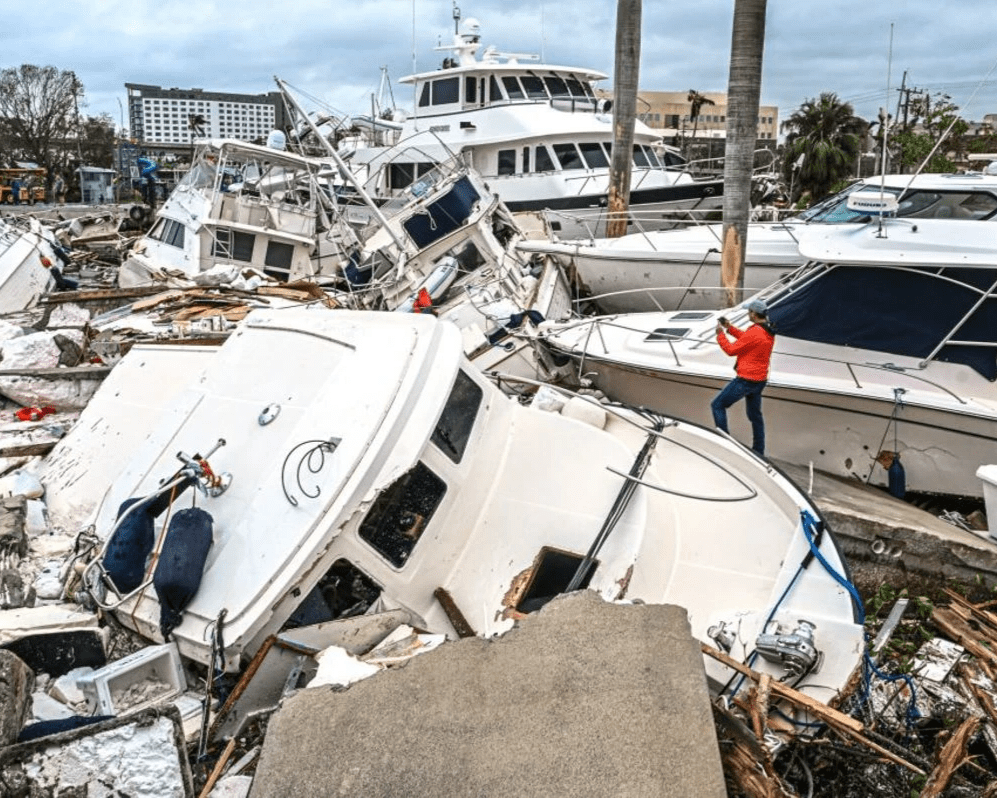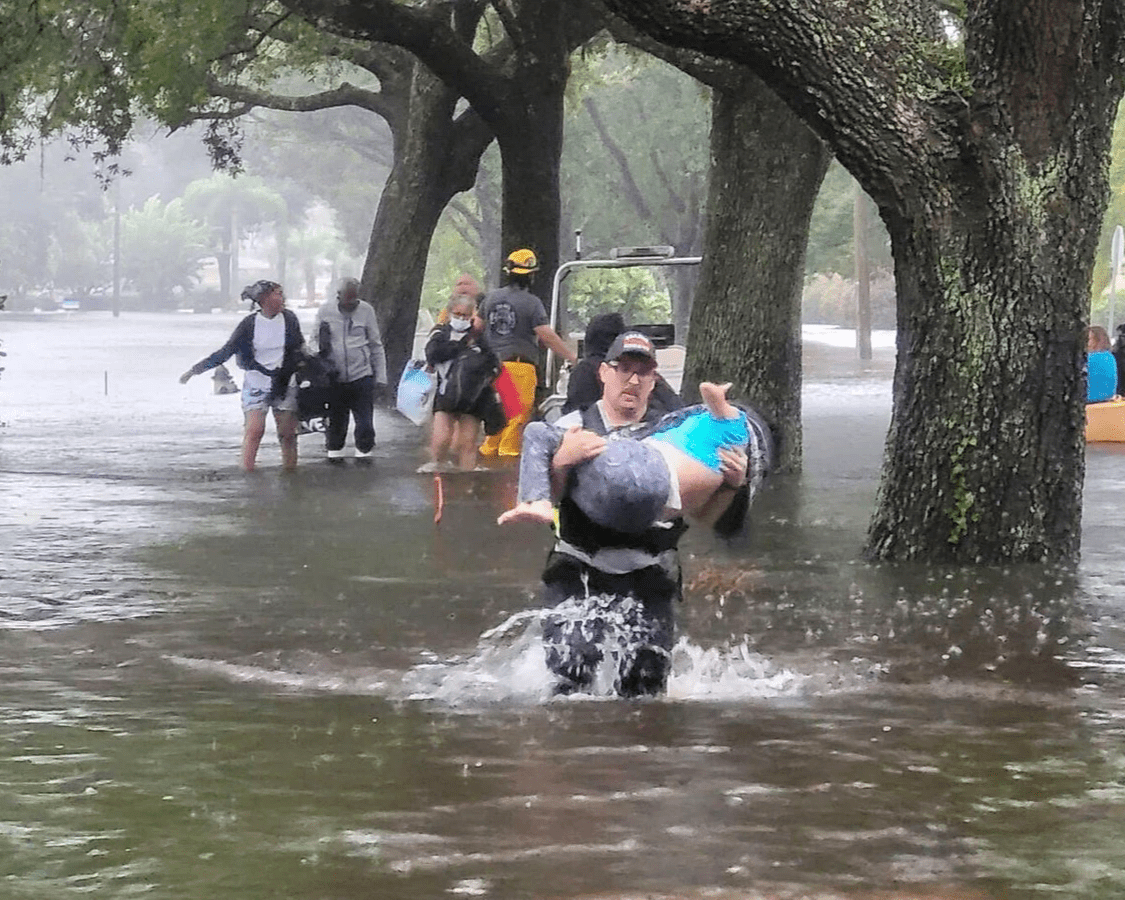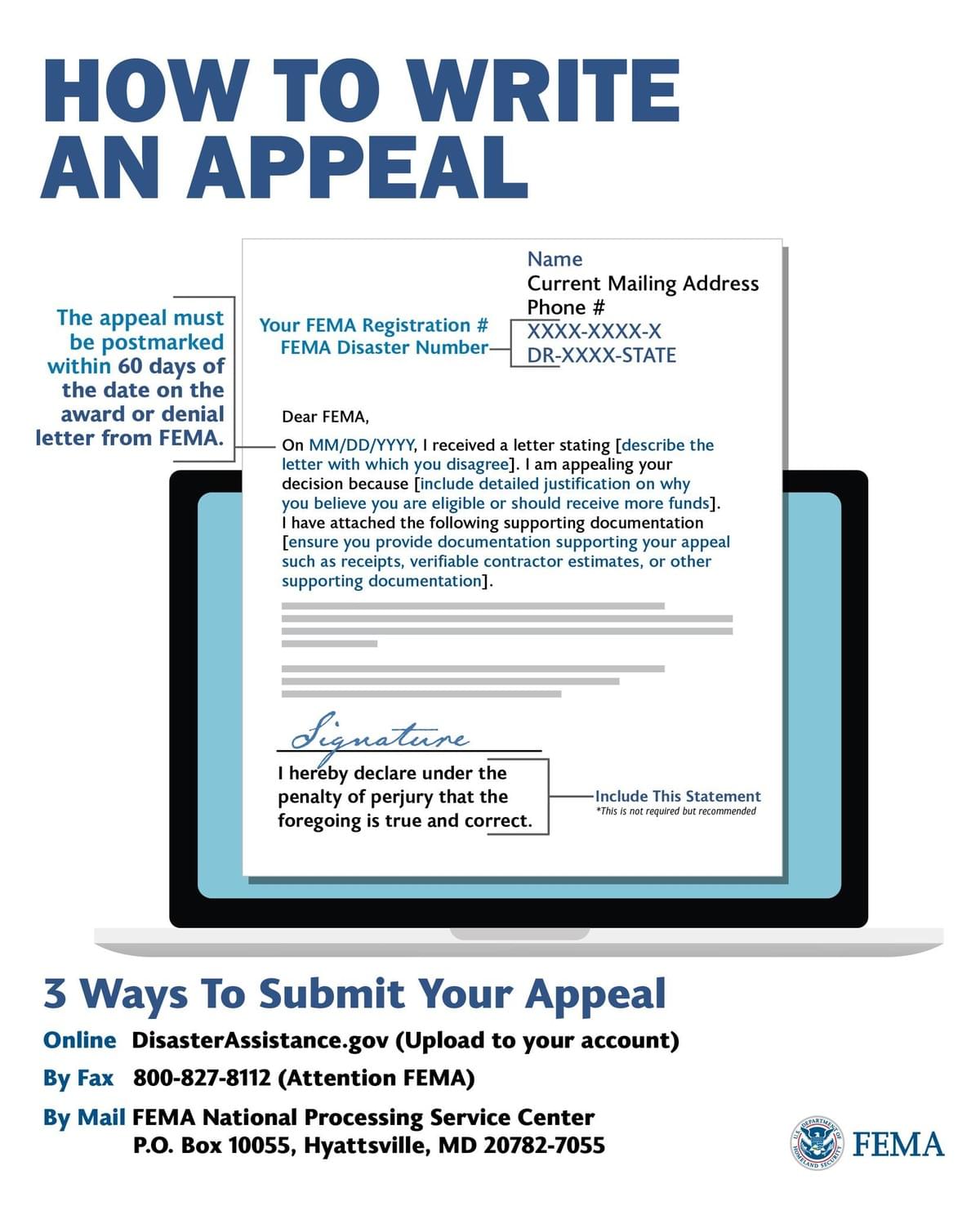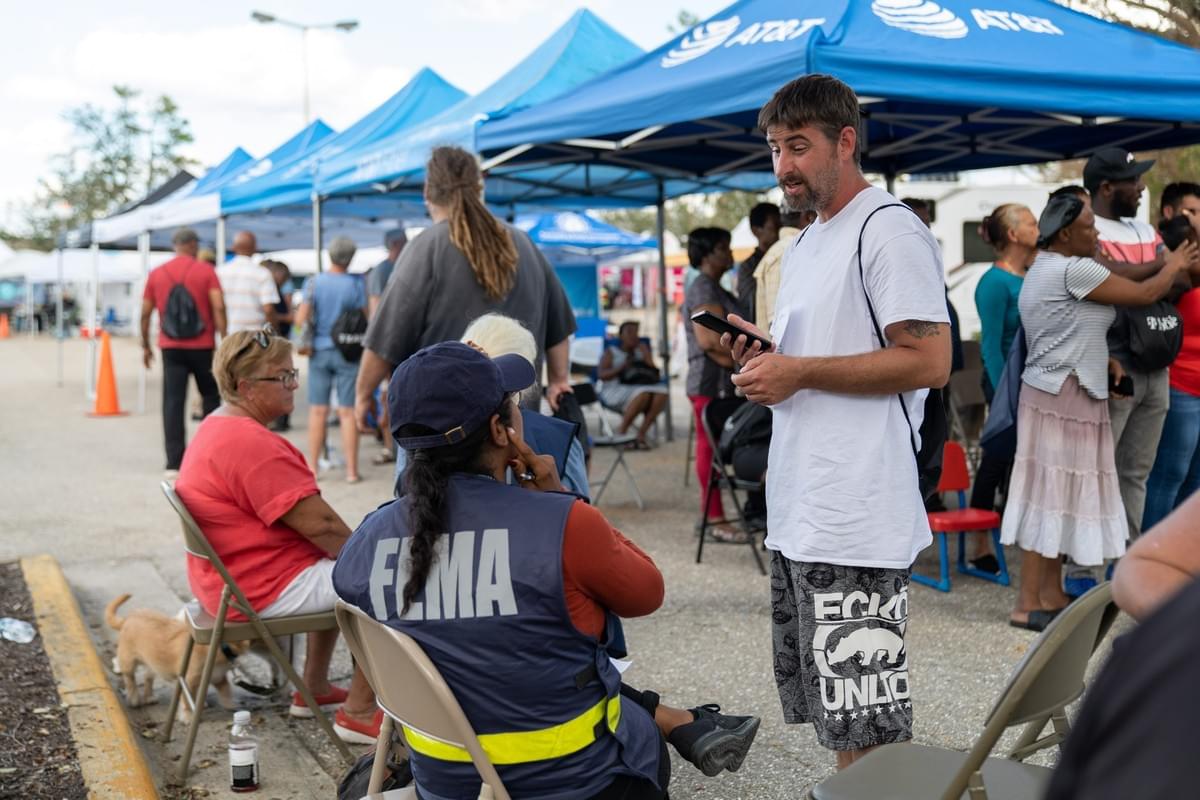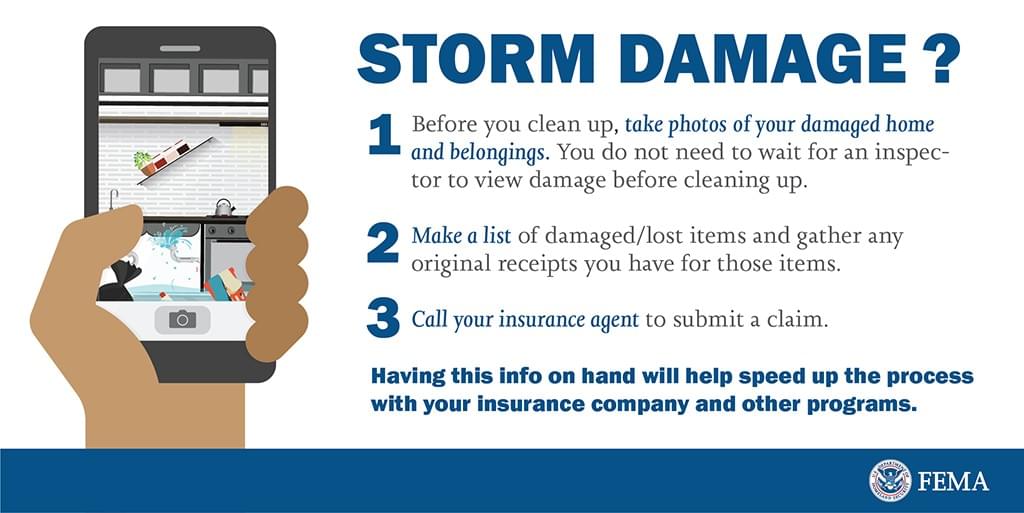
Florida Rural Legal Services
1-888-582-3410
- About
- News/Events
- News Releases
- Photo Gallery
- Events
- Bench Bar Conference
- Disaster Relief Projects
- CLE Advocacy Conference
- Client Stories
- …
- About
- News/Events
- News Releases
- Photo Gallery
- Events
- Bench Bar Conference
- Disaster Relief Projects
- CLE Advocacy Conference
- Client Stories
Florida Rural Legal Services
1-888-582-3410
- About
- News/Events
- News Releases
- Photo Gallery
- Events
- Bench Bar Conference
- Disaster Relief Projects
- CLE Advocacy Conference
- Client Stories
- …
- About
- News/Events
- News Releases
- Photo Gallery
- Events
- Bench Bar Conference
- Disaster Relief Projects
- CLE Advocacy Conference
- Client Stories
Hurricane Disaster Resource Page
Florida Rural Legal Services is here to help victims after a disaster sweeps in and leaves residents with legal challenges in the storm's aftermath.
Subscribe to Get Access Now
Disaster Legal Services News Releases/Informational Blog Entries
22 de marzo de 202412 de marzo de 202410 de marzo de 20248 de febrero de 202422 de marzo de 2023Disaster Legal Services offered by FRLS
Florida Rural Legal Services, Inc. (FRLS) works to help individuals and families recover from the effects of a major disaster. The aftermath of a disaster can be staggering leaving survivors overwhelmed by the process of recovery. FRLS works closely with disaster survivors to put them on the path to recovery.
FRLS attorneys may provide FREE legal counseling, advice and when appropriate and necessary, full representation in the following types of disaster cases:
- FEMA assistance and FEMA appeals
- Help with insurance claims for property damage, and loss of personal property
- Landlord disputes
- Property ownership disputes
- Help with home repair contracts and contractors
- Questions about consumer scams and consumer protection matters
- Assistance replacing legal documents lost in a storm
- Help completing an application for disaster loans and grants and assistance
- Applying for Disaster Food Assistance
- Help with FEMA Notice of Potential Debt recoupment letters
- and other disaster related legal issues
FAQs | KNOW YOUR TENANT RIGHTS AFTER A HURRICANE
STEP 1) Take photos to document damage and keep receipts from all clean-up and repair related purchases.
STEP 2) Call your insurance company right away.
These steps may help maximize insurance and federal disaster assistance and payments.
If you’ve evacuated, you can still start a claim now and provide specifics later.
The apartment I live in needs repairs after the hurricane. What should I do?
What if the landlord does not make repairs?
Can I make the repairs myself and deduct it from the rent?
I couldn’t work during the storm and didn’t get paid. I don’t have the money for next month’s rent. What should I do?
All of my stuff was destroyed when the roof fell in on the place I rent - what help can I get?



DISASTER RESOURCES TO KEEP IN MIND
Know what aid could be afforded to you after a hurricane in Florida.

DISASTER SNAP BENEFITS
The Disaster Supplemental Nutrition Assistance Program (D-SNAP) provides food assistance for individuals and families impacted by Hurricane Ian and who are not receiving food assistance benefits through the regular Supplemental Nutrition Assistance Program (SNAP).
Benefits will be automatically applied to EBT cards starting this week. There is no need to apply for these benefits. There is no need to come to an on-site DSNAP event, benefits will be automatically applied to EBT cards after applications are processed.

DISASTER UNEMPLOYMENT (DUA)
Did you lose your job, or was your work or self-employment interrupted because of the hurricane?
If so, you may be eligible for Disaster Unemployment Assistance; if you:
are unemployed as a direct result of Hurricane Ian;
were scheduled to start a new job but were unable to as a direct result of Hurricane Ian;
are unable to reach your job or self-employment location because you have to travel through an affected area and Hurricane Ian prevented this;
have become the primary breadwinner because the head of the household died as a direct result Hurricane Ian; or
are unable to work because of an injury that was a direct result of Hurricane Ian.

FEMA INDIVIDUAL ASSISTANCE
If you live in one of the counties listed above, you may be eligible for FEMA benefits.
Funds for temporary housing while you are unable to live in your home
A temporary housing unit, when you are not able to use rental assistance due to a lack of available housing resources
Funds to support the repair or replacement of owner-occupied homes that serve as the household’s primary residence
Funds for other uninsured or under-insured disaster-caused expenses and serious needs, such as repair or replacement of personal property and vehicles, or funds for moving and storage, medical, dental, child care, funeral
Funds for hazard mitigation assistance to help eligible homeowners repair or rebuild stronger, more durable homes.

How Do I Appeal the Final FEMA Decision?
FRLS can help your appeal, please call
1-888-582-3410.
- Applicants can appeal any FEMA decision. Appeals must be made in writing and sent by mail or fax to FEMA within 60 days of receiving the letter. Appeals, pictures and documents can be faxed to 800-827-8112 or uploaded to your FEMA account.
- An appeal is a written request to FEMA to review your file again, and an opportunity to provide new or additional information not previously submitted that may affect the decision.
- Appeal letters and supporting documentation also can be uploaded to your account online at DisasterAssistance.gov, or faxed to 800-827-8112.

Disaster Recovery Centers
Disaster Recovery Centers (DRC) have opened. DRCs are a coordinated effort between FEMA, the Florida Division of Emergency Management, and state agencies and partners to provide wrap-around resources and information about recovery programs and disaster assistance to Hurricane Ian survivors.
Lee County
Lakes Regional Library
15290 Bass Rd.
Fort Myers, FL 33919
Open 9 a.m. – 6 p.m., DailyFort Myers DMS Building
2295 Victoria Ave. 
Fort Myers, FL 33901
Open 9 a.m. – 6 p.m., DailySarasota County
Sun Coast Technical College
4675 Career Lane
North Port, FL 34289
Open 9 a.m. – 6 p.m., DailyPolk County
W.H. Stuart Center
1702 S. Holland Pkwy
Bartow, FL 33830Open 9 a.m. – 6 p.m., DailyCollier County
Veterans Community Park
1895 Veterans Drive
Naples, FL 34109
Open 9 a.m. – 6 p.m., DailySarasota County
Shannon Staub Library
4675 Career Lane
North Port, FL 34289
Open 9 a.m. – 6 p.m., DailySeminole County
Seminole State College Automotive Center
100 Welden Blvd
Sanford, Florida 32773
Open 9 a.m. – 6 p.m., DailyHardee County
Wachula Civic Center
515 Civic Center Dr.
Wauchula, Florida 33873Open 9 a.m. – 6 p.m., DailyOrange County
Barnett Park
4801 W. Colonial Drive
Orlando, Florida 32808
Open 9 a.m. – 6 p.m., DailyOsceola County
Hart Memorial Central Library
211 E. Dakin Avenue
Kissimmee, Florida 34741Open 9 a.m. – 6 p.m., DailyCharlotte County
Home Depot
12621 S McCall Rd
Port Charlotte, Florida 33981
Open 9 a.m. – 6 p.m., DailyMigrant Farmworkers Relief Event
Saturday, Oct. 29 from 11 a.m. - 5 p.m.
WHERE: 106 South 2nd Street, Immokalee, FL 34142
For more information, click here.

FEMA's Temporary Sheltering Program
Transitional Sheltering Assistance (TSA) is a FEMA program that allows for temporary, short-term accommodations for eligible survivors when other housing options are not available after a declared disaster. TSA is used to move survivors out of congregate recovery shelters and into hotels and motels.
To receive TSA, a survivor must first register for FEMA Individual Assistance at www.DisasterAssistance.gov or call 1-800-621-3362 and meet initial conditions of eligibility (see below). No applicant can receive assistance unless and until they apply to FEMA.
1. Be registered with FEMA for assistance and meet all TSA eligibility requirements
a. pass identity verification
2. Be a U.S. citizen, Non-citizen national, or Qualified alien
I. If an applicant does not meet this criteria, their household may still qualify for TSA if: Another adult household member meets the criteria and signs the Declaration and Release Form (FEMA Form 009-0-3); or
ii. The parent or legal guardian of a minor child who is a U.S. citizen, non- citizen national, or a qualified alien applies for assistance on behalf of the child, as long as the child lives in the same household. The parent or legal guardian must register as the co-applicant.\
3. The primary residence is inaccessible or uninhabitable due to disaster-related damage
4.The primary residence is in the area declared and designated for TSA
5. Be displaced from their primary residence due to the disaster
6. Still living in emergency shelter locations
7. Lack applicable insurance coverage or be unable to utilize available Additional Living Expense (ALE) coverage from Homeowners or Renters insurance policy.
Current Registrants
8. For those applicants with rejected applications, most are easy fixes. The best option is to go back to www.disasterassistance.gov and follow the correction guidance given there. They can also call 800-621-3362 to speak with someone for help. Expect long delays if using phone calls, as the program is just getting started and many agents will be making the notification calls.

Beware of Fraud and Scams
- Be cautious if somebody asks for your nine-digit registration number. A FEMA inspector will never ask for this information. They already have it in their records.
- Don’t give anyone your banking information. FEMA inspectors never require banking or other personal information such as a Social Security number.
- Ask the person to show you their identification badge. Federal employees always wear an official government badge to identify themselves.
Disaster SNAP (Mon, Oct. 10 update)
DSNAP Pre-Registration is at Florida Disaster Supplemental Nutrition Assistance Program (D-SNAP) (myflfamilies.com). This week is Phase One and only Charlotte, Collier, Desoto, Hardee, Lee, Sarasota ,and Polk can register this week through Sunday, October 16th. DCF will begin phone interviews on Thursday, October 13th. Here is the schedule this week to complete a phone interview.
- Last name begins with A-F: Call on Thursday, October 13
- Last name begins with G-N: Call on Friday, October 14
- Last name begins with O-Z: Call on Saturday, October 15
- Any last name: Call on Sunday, October 16
The DSNAP registration asks for ID such as Driver's Lic. Or State ID but if an applicant indicates they have neither they will have an "other" option and get a different drop down to select other forms of ID such as a passport, INS document, School or Work ID or "other" again. If you enter Other, you must tell them what the "other" is.
And the applicant is asked if they are 60 or older, disabled or taking care of someone that prevents them from attending a site location.
The application asks about the amount of money in cash, checking or savings, expenses related to hurricane such as repairs, loss of home items, loss of food and about income.
Looking for Missing Loved Ones?
Visit missing.fl.gov if you or someone you know needs assistance or a safety check. Federal search and rescue teams, including FEMA Urban Search and Rescue, U.S. Coast Guard, the Department of Defense, Customs Border and Protection and the state of Florida, are coordinating rescue efforts with local officials.
More than 100 FEMA Disaster Survivor Assistance Team staff are working in the hardest hit communities to help survivors apply for assistance and identify immediate and emerging threats.
Mental Health Resources
Mental health resources for individuals and communities are available at MyFLFamilies.com/HurricaneIan. Floridians’ health and well-being are a top priority, and the Department of Children and Families is reminding individuals that they are not alone. All Floridians impacted by Hurricane Ian can find someone to talk to today through the Disaster Distress Helpline by calling 800-985-5990.
Disaster Distress Helpline
Call or Text: 1–800–985–5990
DisasterDistress.samhsa.govEspañol: Llama o envía un mensaje de texto 1–800–985–5990 presiona “2”
For Deaf and Hard of Hearing ASL Callers: To connect directly to an agent in American Sign Language, click the "ASL Now" button below or call 1–800–985–5990 from your videophone. ASL Support is available 24/7.
FEMA Registration Process
American Sign Language (ASL)
How to Register with Disaster Survivor Assistance
American Sign Language (ASL)
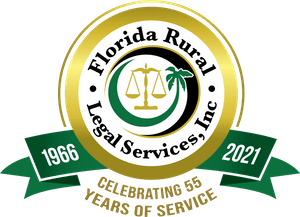
Apply
General Public:
8:30 a.m. to 5:00 p.m.
Call 1-888-582-3410
Farmworkers:
8:30 a.m. to 8:00 p.m.
Call 1-855-771-3077
Or Apply Online
TTY: 800-955-8771
The information provided on this website does not, and is not intended to, constitute legal advice; instead, all information, content, and materials available on this site are for general informational purposes only.
Service areas: Lee, Polk, Palm Beach, St. Lucie, Martin, Okeechobee, Indian River, Highlands, Hardee, Hendry, Charlotte, Desoto, and Glade Counties.
© 2024






